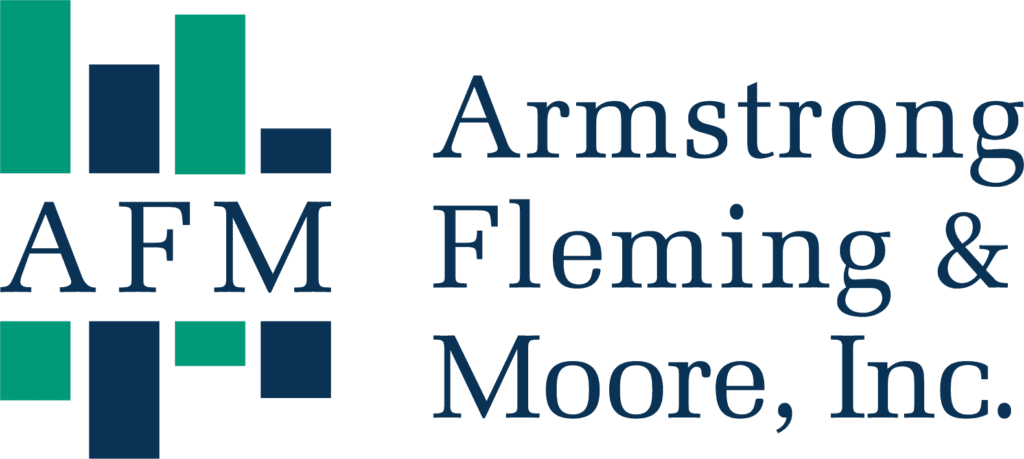While the past decade provided a period of strong growth for many equity investments, the current uncertain markets may motivate investors to diversify into holdings that feel more stable. One option worth considering is savings bonds. These bonds are issued by the U.S. government and are considered one of the safest investments because they are backed by the full faith and credit of the United States. The Series I bond, an extension of the Treasury’s inflation-indexed bonds, became available in September of 1998. They have gained popularity in recent times, as we are in a higher-inflationary economic cycle. These bonds may be appropriate for some client portfolios.
Some of the key terms of the bonds are as follows:
- Issue Price: The bonds are issued at face value i.e. you pay $100 for $100 bond.
- Minimum Purchase:
- Electronic Bond – $25
- Paper Bond – $50
- Maximum Purchase:
- Electronic Bond: $10,000 per calendar-year, per social security number (or EIN)
- Paper Bond: $5,000, if you choose to get your tax refund back as I-bonds.
- Where to purchase: Electronic bonds can be purchased directly from https://www.treasurydirect.gov and paper bonds can be purchased by filing out IRS Form 8888 with your income tax return.
- Maturity: I Bonds have a 30-year maturity, with a one-year initial lock-in. Investors who redeem I Bonds between 12 months and 5 years after issue will forfeit the last 3 months of interest, but I Bonds held for more than 5 years can be redeemed at their current value.
- Interest Rate: Interest rate has two components – “fixed rate” set at date of purchase, and a “variable/ inflation rate”, based on the current consumer price index (CPI), which resets every six months to the current inflation rate (May & November). Due to this behavior, these bonds are considered inflation-protected investments.
The current interest rate is 7.12% for bonds issued between November 2021 – April 2022 (fixed rate 0% + variable CPI rate 7.12%). Note that this interest rate may change in May 2022, November 2022 and so on.
- Tax Implications: Interest earned on these bonds are state and local tax exempt, except for estate or inheritance taxes. Also, federal taxes would be owed once the bonds are cashed, giving the investor some control on timing of taxation of interest income.
These are low-risk savings products that earn interest and are protected from inflation. Given that there is maximum purchase limit on an annual basis, and the variability of interest rates, it may or may not be suitable for everyone’s investment portfolio.
Please reach out to your financial advisor to discuss if this is an appropriate investment for your specific short-term/ long-term portfolio needs.
Presented by Sumedha Malhotra, CFP®

